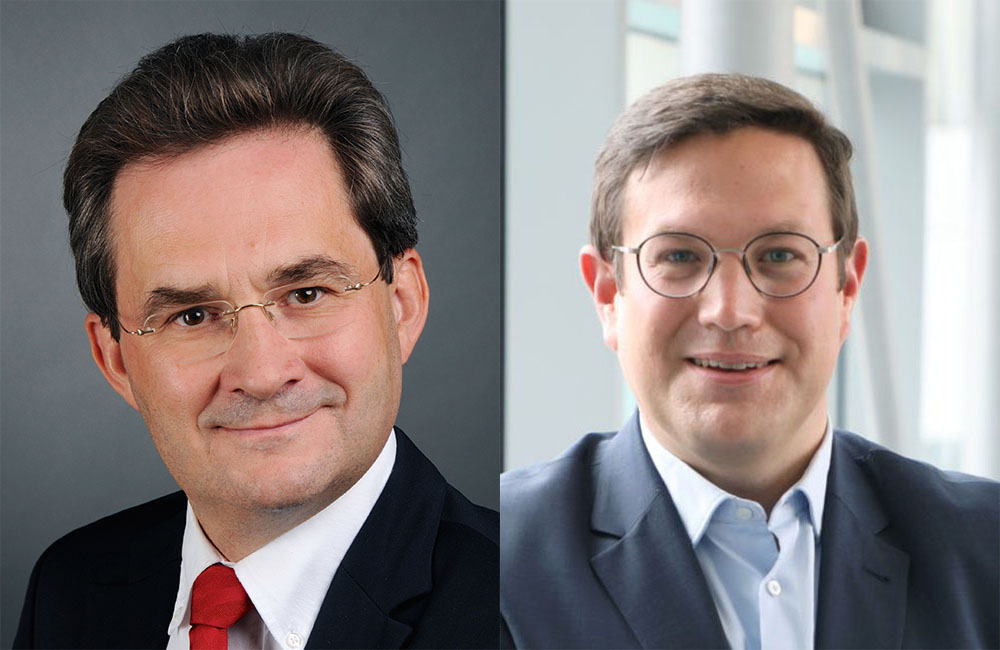Expert telephone forum on June 11, 2024 on the topic: "Sleep disorders"
On June 11, 2024, the Volksstimme cordially invites you to the expert telephone forum to ask your questions on the subject of "sleep disorders".Prof. Dr. med. Jens Schreiber, Director of the University Clinic for Pneumology Magdeburg, and Prof. Dr. med. Florian Junne, Director of the University Clinic for Psychotherapy and Psychosomatics Magdeburg, will be available to answer your questions. The experts will be available from 10:00 to 12:00 at the Volksstimme on (0391) 532970.
Restless sleep leaves its mark: during the day, sufferers are more irritable, feel exhausted and their performance decreases noticeably. According to current estimates by the German Society for Sleep Research and Sleep Medicine, over 20 million people in Germany suffer from sleep disorders.Some find it difficult to fall asleep, while others wake up repeatedly during the night, whether due to snoring or restlessness.
Sleep disorders can be attributed to a variety of causes, ranging from stress and depression to inner restlessness and organic complaints. Unhealthy lifestyle habits such as excessive caffeine consumption, irregular bedtimes and lack of exercise often impair sleep. External influences such as noise, light or an uncomfortable sleeping environment can also significantly disrupt the quality of sleep.

Photo (from left): Prof. Dr. med. Jens Schreiber and Prof. Dr. med. Florian Junne.Photo: UMMD
Various medical causes, chronic pain and hormonal changes, such as during the menopause, are common reasons for sleep problems.
Mental illnesses such as anxiety disorders and depression also often lead to sleep problems, as brooding and worrying make it difficult to switch off. In times of crisis, work intensification and increasing social insecurity, many people also experience persistent sleep disorders as a result of increased stress and psychological strain. Prof. Junne explains which strategies are helpful for reducing stress, how to deal with mental stress and when it is advisable to seek advice and help.
Sleep disorders are also common in lung diseases and can have a significant impact on quality of life. Various respiratory diseases such as COPD (chronic obstructive pulmonary disease), asthma and sleep apnoea can disrupt sleep. Patients with COPD often have difficulty breathing at night, which leads to frequent waking and non-restorative sleep. Asthma can also affect sleep due to nocturnal symptoms such as coughing and breathlessness.
In sleep apnoea, a common condition associated with obesity and cardiovascular disease, breathing stops repeatedly during sleep, interrupting sleep and leading to daytime sleepiness. Prof. Schreiber will be happy to answer questions about how those affected can be helped and how sleep quality can be improved in this telephone forum.






